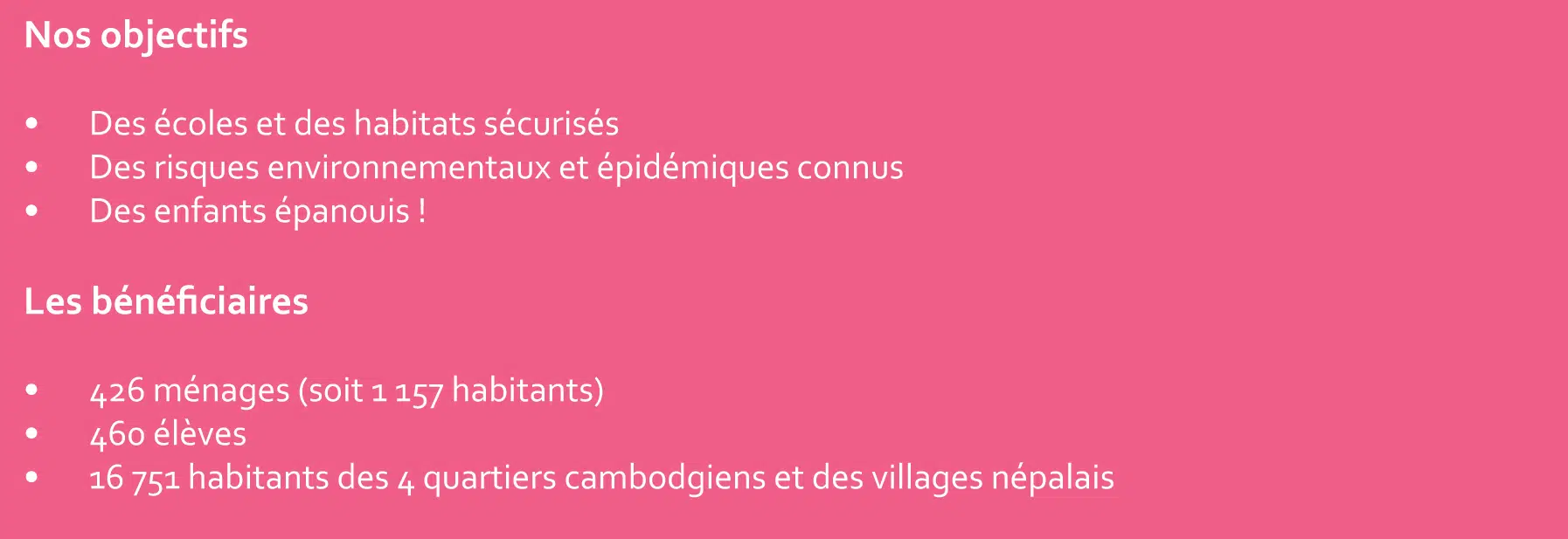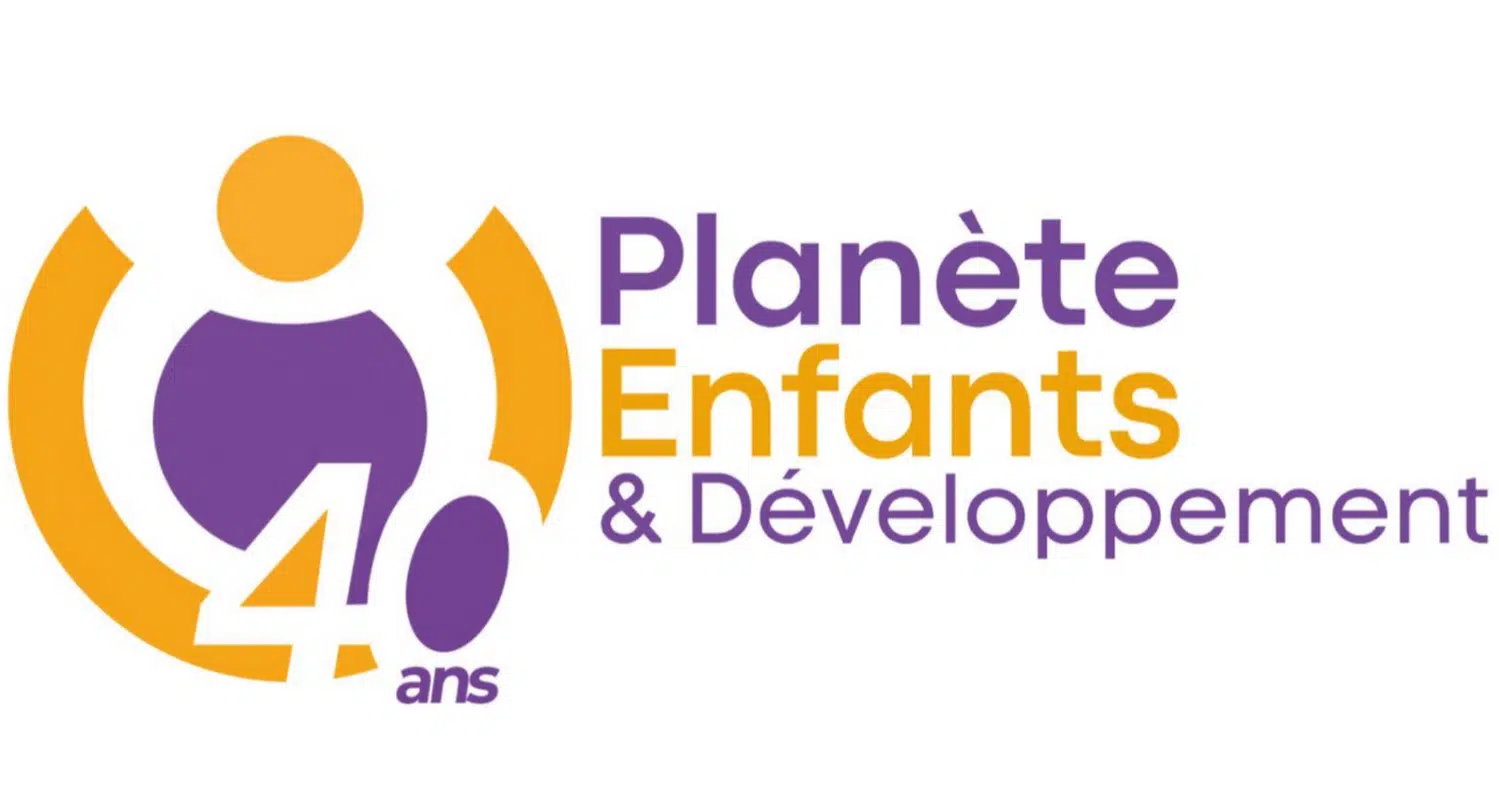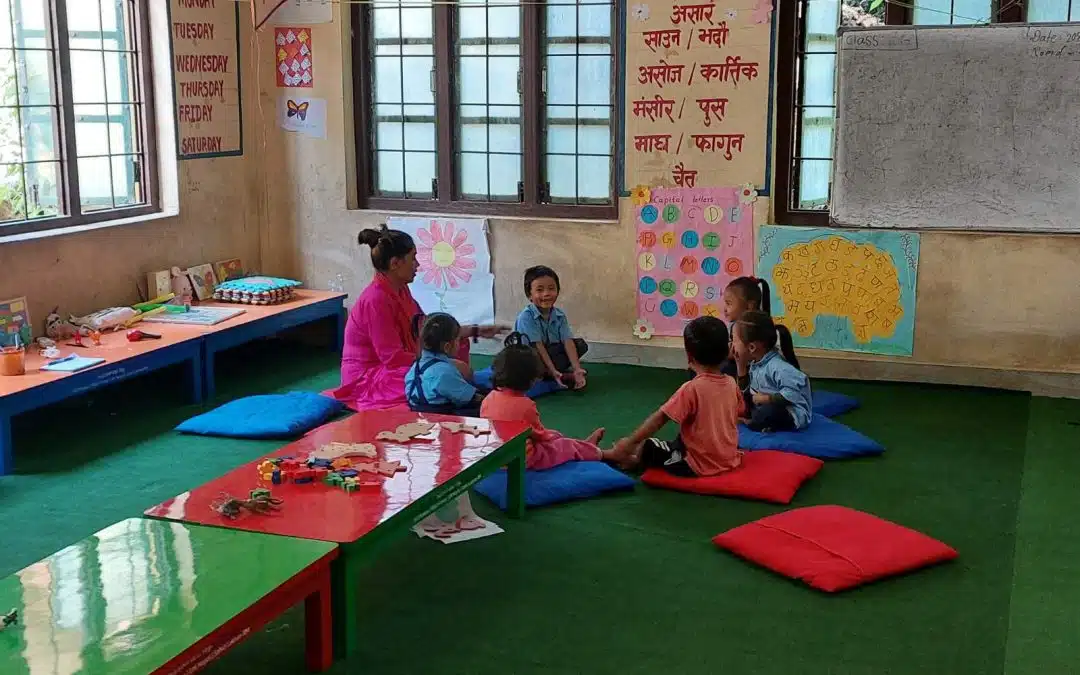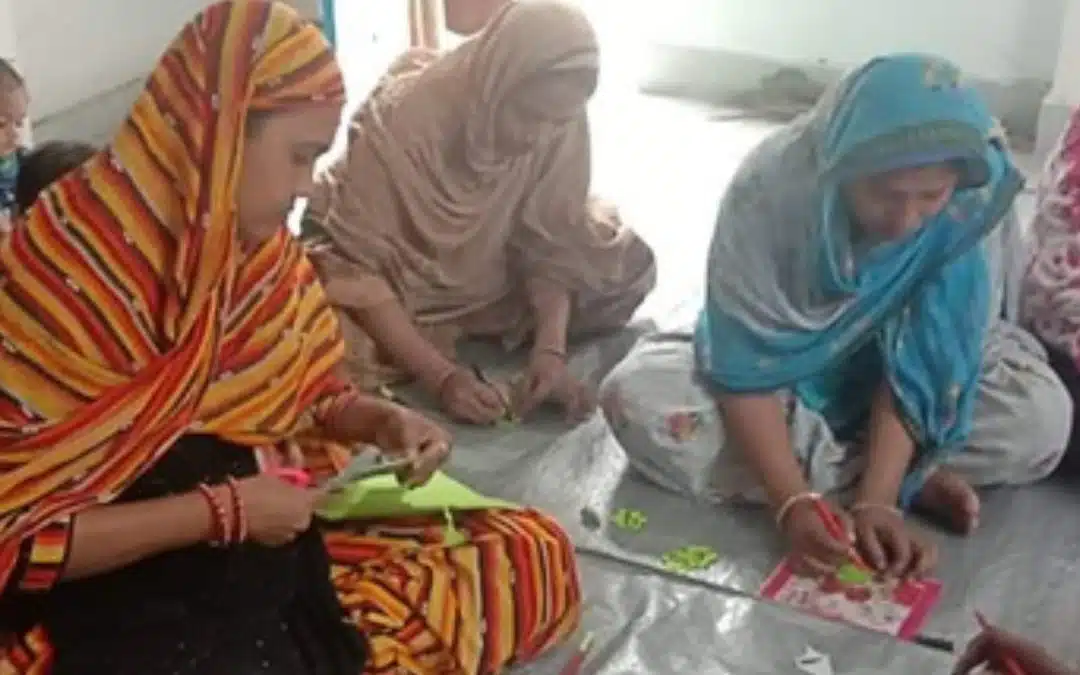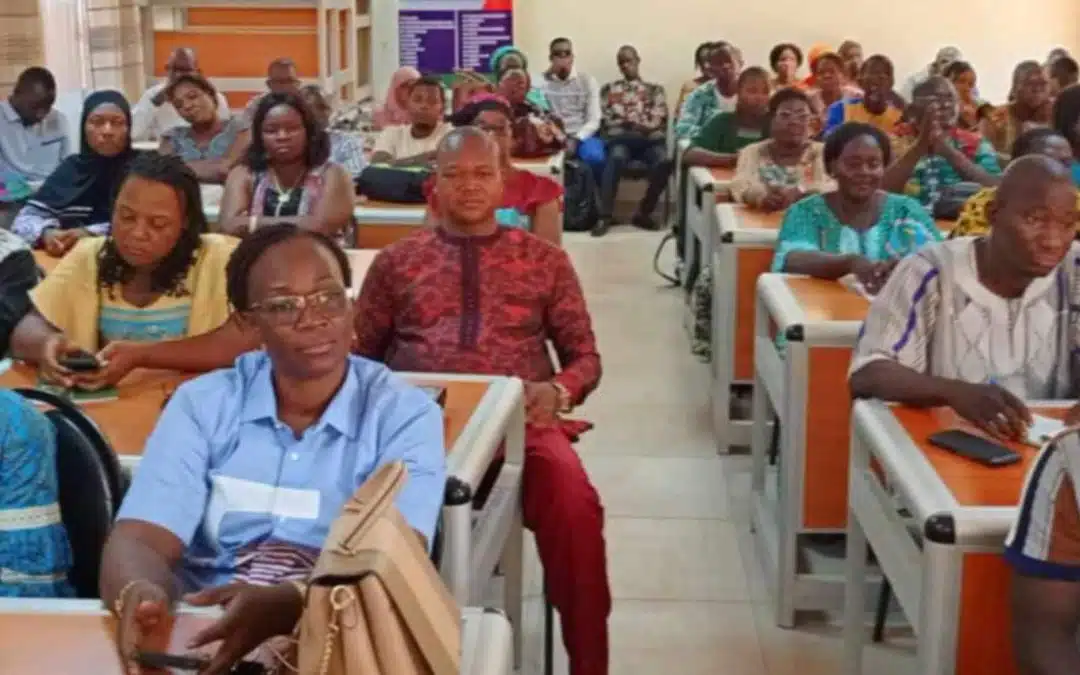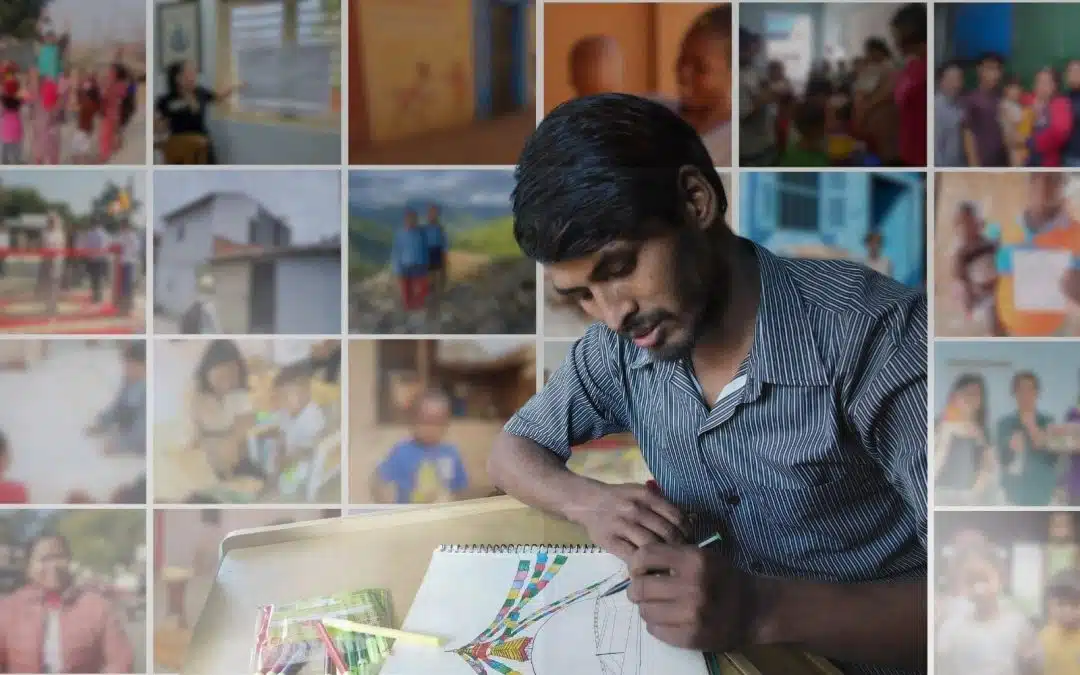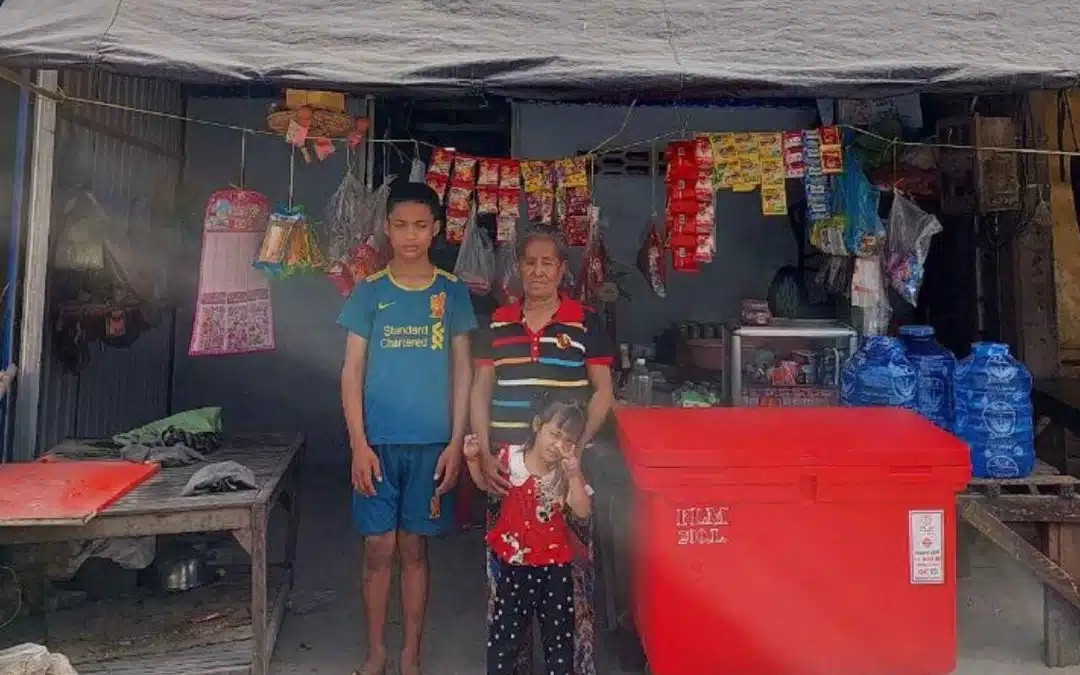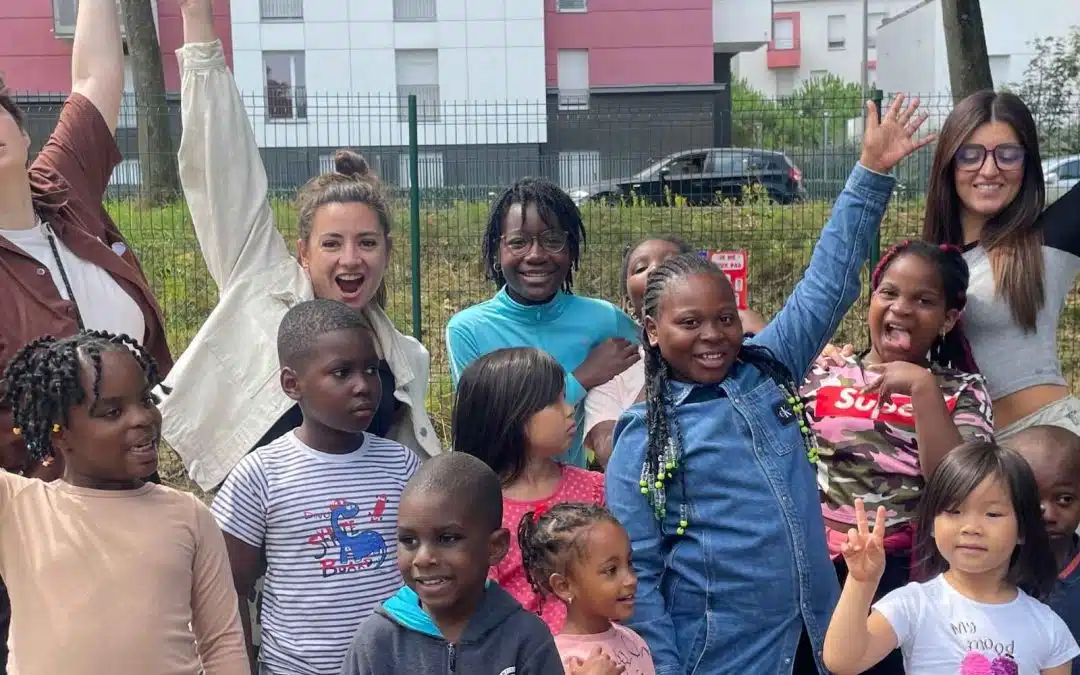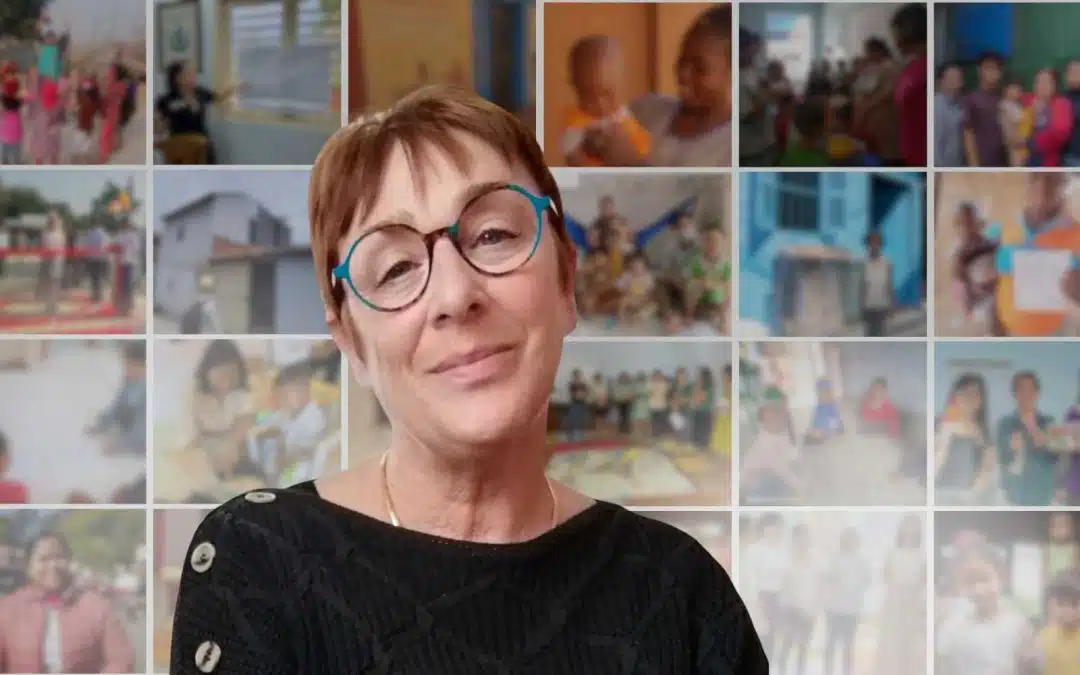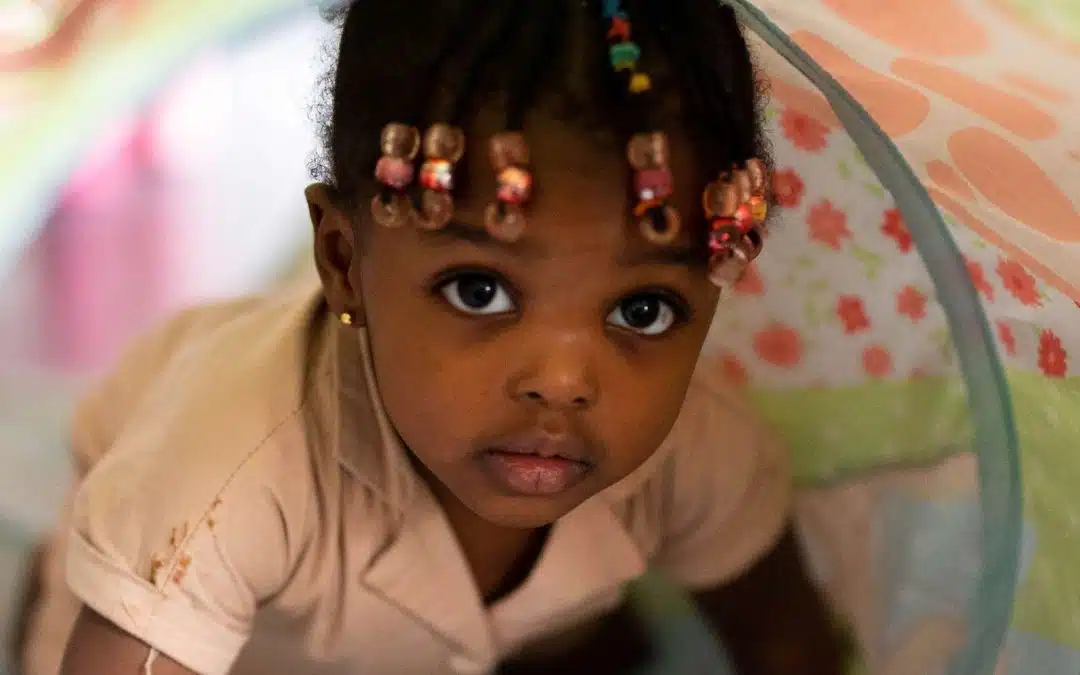Although construction is not our core business, making schools and housing safe is crucial to the well-being of children. We therefore carry out building improvement projects when the situation requires it, as is currently the case in Nepal and Cambodia.
In Nepal, 3 years after the earthquake, new schools are finally being built!
The April 25 and May 12, 2015 earthquakes affected more than half of the population in Nuwakot District and partially or completely destroyed 51 schools.
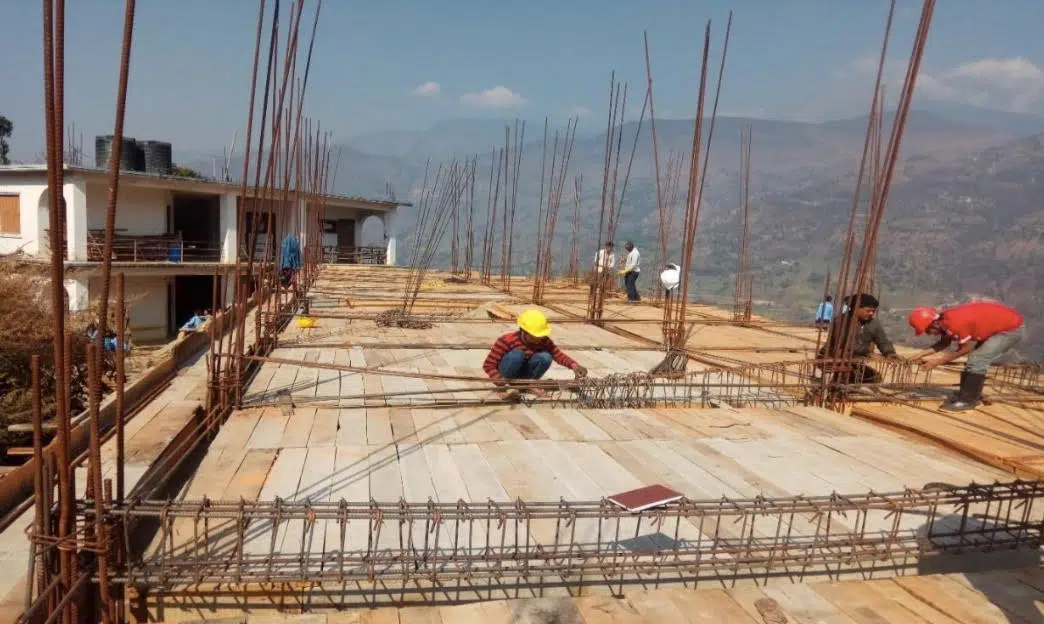
Thaprek school under construction
To guarantee the safety of the families and to improve their living conditions, we immediately mobilized alongside the population to create temporary school spaces, to reinforce the teaching methods and to identify the victims of violence and exploitation. Administrative complications, material shortages, climatic hazards... etc... have delayed the reconstruction part of our project but today, the foundations and the second floor of the schools are finally visible. These buildings will soon allow the schoolchildren to return to school in complete safety and to benefit from educational materials adapted to their needs!
Rural exodus and climate change: an explosive cocktail for the health of Cambodian children
In Cambodia, the massive arrival of rural populations in peri-urban areas has led to a rapid and uncontrolled growth of precarious housing subject to the hazards of flooding caused by climate change.
Since June 2016, we have been working in four suburbs of Phnom Penh to improve the housing and sanitary conditions of the most vulnerable populations. This involves distributing repair kits co-financed by the beneficiary families, water filters and fire extinguishers. In addition, we are organizing training sessions on climate change adaptation and health risk prevention to enable households to cope with the unexpected.
An external evaluation of this project notes very encouraging results: 426 households benefited directly from the distributions and the 10,000 inhabitants of the 4 neighborhoods were positively affected.
A new phase is already under study to intensify exchanges with the public authorities in order to increase the rate of connection to the public water and sanitation networks because the needs remain very important.
